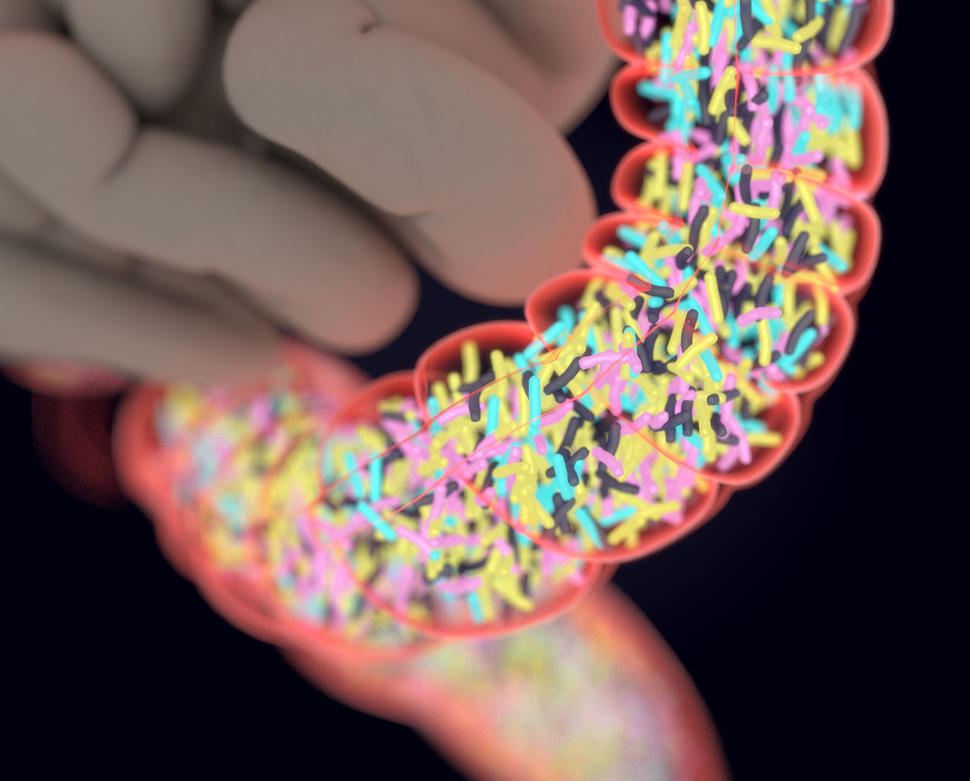 |
Introducing certain fecal microorganisms into a patient’s colon may help the patient respond to immunotherapy drugs. Credit: iStock |
The researchers led by Giorgio Trinchieri, M.D. chief of the Laboratory of Integrative Cancer Immunology at the National Cancer Institute’s Center for Cancer Research conducted the study in 15 patients at the University of of Pittsburgh Hillman Cancer Center. The study appears in the Feb. 5, 2021 Science.
All 15 had failed to respond to treatment with immunotherapy drugs called PD-1 inhibitors (Keytruda) or PD-L1 inhibitors (Opdivo). Research suggests that colonies of bacteria called the microbiome in the gut affect how the immune system responds to these immunotherapy drugs.
"If researchers can identify which microorganisms are critical for the response to immunotherapy,"Amiran Dzutsev, M.D., Ph.D., of NCI’s Center for Cancer Research, co-first author of the study said in a press release, "then it may be possible to deliver these organisms directly to patients who need them, without requiring a fecal transplant.”
In this proof of concept study, the fecal bacteria from patients whose advanced melanoma had responded to the immunotherapy was analyzed to ensure there were no infectious agents and then transplanted into the colon of the 15 patients whose melanoma failed to respond to the immunotherapy.
The idea is that changing the microbiome might "reprogram" the microenvironment of the cancer cells, making them more susceptible to the drugs.
The results of the study showed that 6 of the 15 patients had ongoing partial response for up to two years resulting in either a reduction of their cancer or a stabilization of the cancer. The patients are still being followed, but the results so far suggest the concept is worth further study in larger clinical trials.
The clinical trial was conducted in collaboration with Merck, the maker of pembrolizumab (Keytruda).
Sources: National Cancer Institute News and the journal Science


Thank you very much for sharing this awesome post with us and you can get it from here voyance telephone.
ReplyDeleteThis post is informative, and, we are launching an app and you can get it from here xelsis espresso machine.
ReplyDeleteWell nice to see your blog that shows the best comments of all the time thanks for sharing and you can get it from here Family Blog.
ReplyDeleteThis post is informative, and, we are launching an app and you can get it from here basket storage.
ReplyDeleteThe post I share is really amazing, just try it once and you can get it from here family business.
ReplyDeleteI've been treating herpes virus for several years with different medications until I saw a post on how a young lady got cured from herpes, Out of desperation I decided to contact him with little or no hope of a solution after taken his herbal medications reluctantly to my biggest surprise I tested negative, God bless you doctor email him drubarlohome@gmail.com or Whatsapp number +2348119508814 for his wonderful work
ReplyDelete